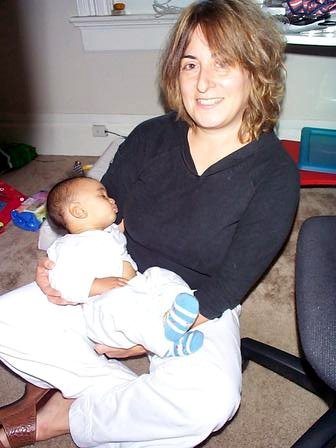Bhuana Sari, Bali, 1981
Pasek was seventeen when his father walked him down from the mountains to the beach.
In their bamboo kubu on an arid ridge, the beds were turned so the pillows faced toward the holy peaks, and the bottom of the mattress toward the sea, full of black magic, where people could hit their heads on the coral and never come up again. It was dry up in the mountains, but the green bean and corn grew well, and the pigs found enough to eat and the chickens pecked and pecked in the dust until they unearthed seeds.
Pasek walked down from the kubu in the mountains where the banana trees and the coffee bushes brushed against his face, walked down with his feet firmly planted on the trail between the rocks, his heels digging into the mud. He would be looking at the view across the gorge, then down to where the house with so many children was, past his cousin climbing a coconut tree, then another cousin weeding the green beans, and the spring shooting up through the paddy. There was his aunt offering him a young coconut to drink, there the well where his mother would get her water to carry uphill, balancing a bucket on her head, and there his grandmother's warung in the jungle where all the plastic-wrapped mung bean cakes were always stale, but there still were customers who bought them, so they could sit and talk to her.
Further down the path were the cement houses with red tile roofs, closer to the beach.
In their bamboo kubu on an arid ridge, the beds were turned so the pillows faced toward the holy peaks, and the bottom of the mattress toward the sea, full of black magic, where people could hit their heads on the coral and never come up again. It was dry up in the mountains, but the green bean and corn grew well, and the pigs found enough to eat and the chickens pecked and pecked in the dust until they unearthed seeds.
Pasek walked down from the kubu in the mountains where the banana trees and the coffee bushes brushed against his face, walked down with his feet firmly planted on the trail between the rocks, his heels digging into the mud. He would be looking at the view across the gorge, then down to where the house with so many children was, past his cousin climbing a coconut tree, then another cousin weeding the green beans, and the spring shooting up through the paddy. There was his aunt offering him a young coconut to drink, there the well where his mother would get her water to carry uphill, balancing a bucket on her head, and there his grandmother's warung in the jungle where all the plastic-wrapped mung bean cakes were always stale, but there still were customers who bought them, so they could sit and talk to her.
Further down the path were the cement houses with red tile roofs, closer to the beach.


1 Comments:
This reminds me of how serious it is which way you point the bed. Janna always seems so Western with less than usual interest in the mandatory ceremonies and banjar duties that have held the Balinese culture together in the face of tourism and modern pressures. Janna is usually very easy going about traditions. But not this one. He absolutely could not accept that the bed was pointed with the head to the South. (I was living in Pengosekan at the time.) It became so apparent that this was a real source of agitation, that I let him move the bed to the other side of the room, where it might have looked awkward but kept the peace.
Post a Comment
<< Home